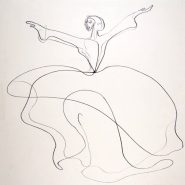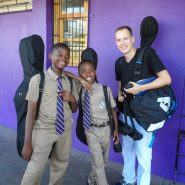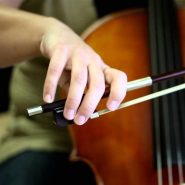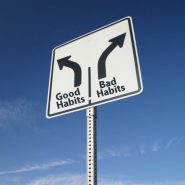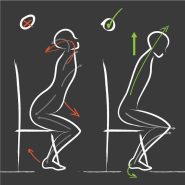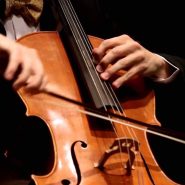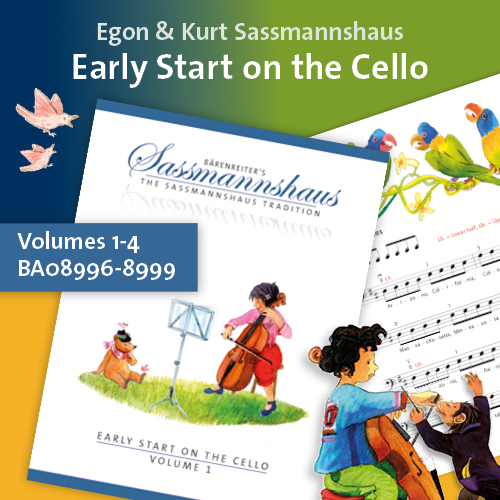Tag: energy
By Rebecca Merblum October 18, 2018
By Selma Gokcen May 6, 2014
Subjects Playing Healthy
By Avery Waite October 22, 2013
Subjects Artistic Vision
Tags activities, after-school music, Avery, balance, beauty, cello, challenges, Community, contradictions, culture, El Sistema, energy, Enharmonically Equivalent, exploration, fruit, gangs, healing, Jamaica, Kingston, music, neighborhoods, passion, safety, students, Teaching, Travel, violence, Waite
By Selma Gokcen April 18, 2013
Subjects Playing Healthy
Tags abdominal muscles, affect, Alexander principle, Alexander Technique, attention, automatic process, breathing, breathing apparatus, breathing free, cello, cello pressing on chest, cellobello, chest cavity, conditions, correct position, divine influence, downward force of gravity, drink, efficient breathing, energy, enlivening, enter and depart life, exalting emotion, exercise, exhale, existing tension, expiration, food, freedom, freedom of the thorax and ribs, gases, Gokcen, gravity, guide, health, inspire, lungs, muscles, muscles relax, re-education, reducing air pressure, Selma, sequence, shift weight, straining for breath, touch, use affects function
By Selma Gokcen February 25, 2013
Subjects Playing Healthy
Tags Alexander Technique, arms, beauty, bend and extend, body at ease, bow strokes, Casals, cello, cello playing muscles, cellobello, challenges, collapse, contraction, dynamics, energy, fingers, flexible, function, Gokcen, Habits, importance of quietness, increased resistance, inner pitch, misguided effort and unease, nasal sound, neck, partnership, perspective, powerful accents, powerful arms, pressured sound, principle of opposition, process, pull and push, repeated sensory stimulation, Selma, sensitive gesture, sensory awareness, simple gesture, Six Part Series, teaching table, thinking in new ways, unwanted sound, volume, wrist
By Selma Gokcen November 5, 2012
Subjects Playing Healthy, Practicing
By Selma Gokcen May 7, 2012
Subjects Playing Healthy
By Selma Gokcen November 3, 2011
Subjects Playing Healthy
By Martha Baldwin September 29, 2011
Subjects Playing Healthy
By Yeesun Kim March 22, 2011
Subjects Auditions
Tags anxiety, Auditions, cello, cellobello, clarity, commitment, communication, confidence, connection, control, energy, intentions, Interpretation, Kim, personality, potential, pressure, stress, tuning, Yeesun
By Alisa Weilerstein March 14, 2011
Subjects Travel
Tags adventure, adventures, air travel, Airplanes, Alisa, atmosphere, audiences, cello, cellobello, character, colors, concentration, control, energy, exhaustion, focus, health, ideas, inspiration, learning, orchestra, performance, practicing, reality, Rest, shifting, travel with an instrument, vibrato, Weilerstein
